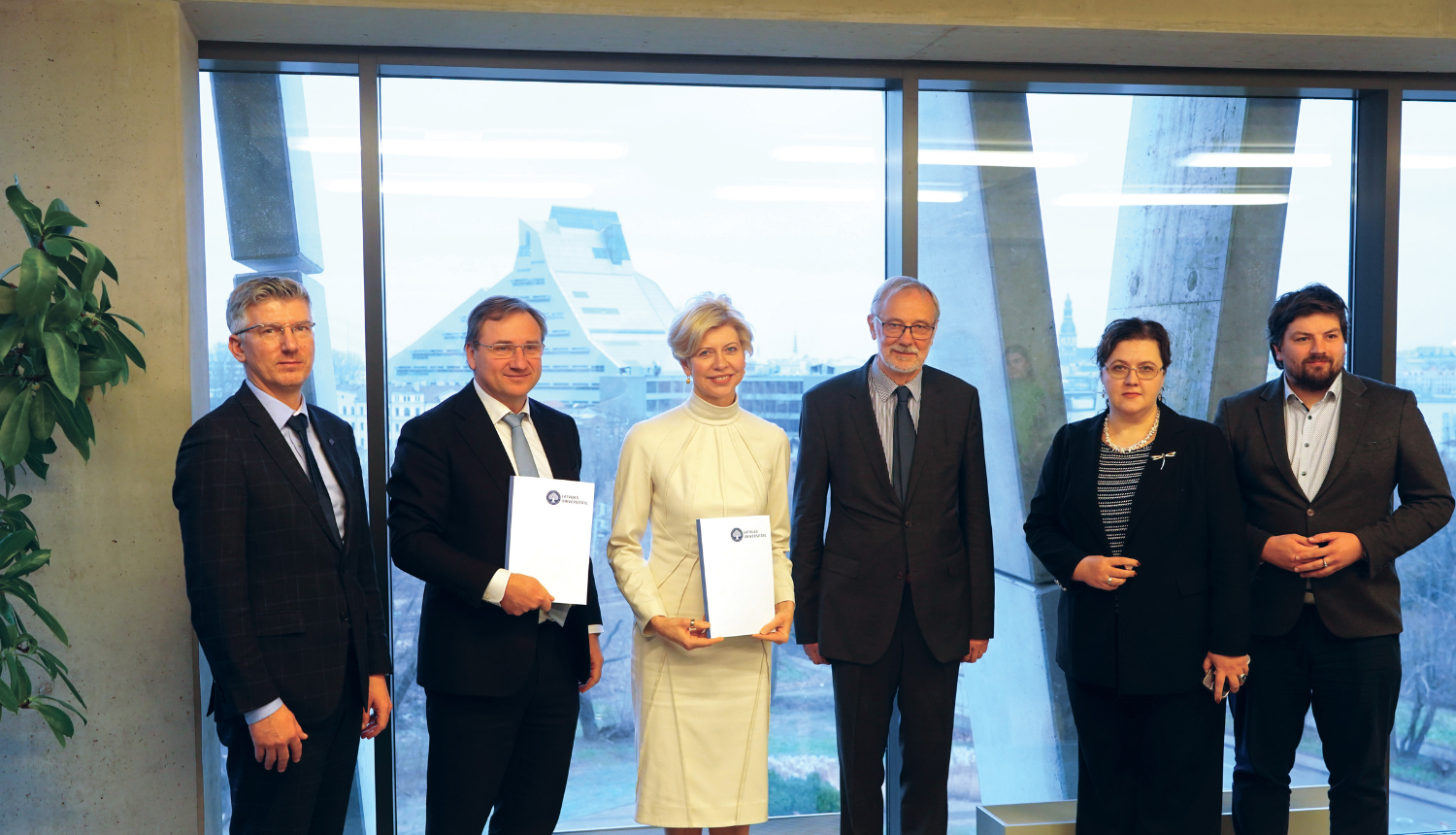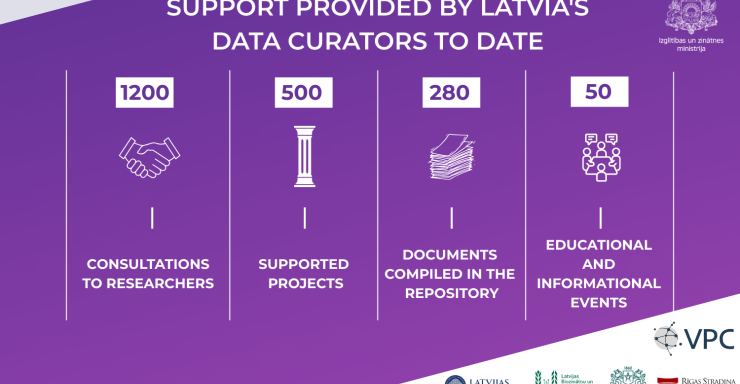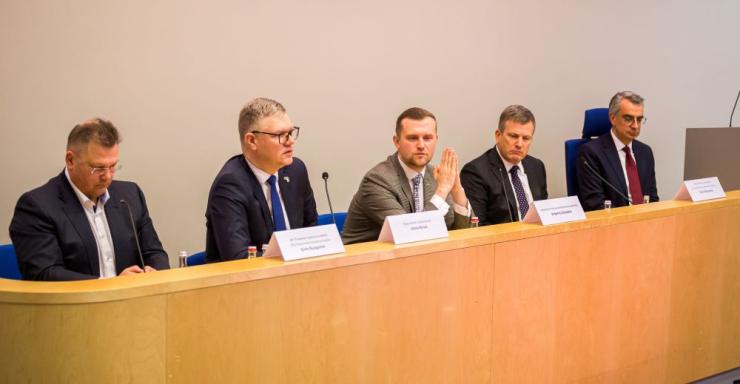On December 14, the Ministry of Education and Science and the University of Latvia (UL) signed an agreement to implement institutional funding. This initiative aims to provide greater flexibility in budget planning and a more targeted approach to preparing specialists vital for the economy. The Cabinet of Ministers approved the launch of this pilot project on November 19, 2024.
The project aims to establish a funding system that ensures a more flexible approach to supporting students while considering the specifics of various study programs. This model will grant the UL greater autonomy to make data-driven decisions regarding student admissions and study funding, enabling the university to adapt study programs and graduate preparation to align with the needs of the national economy. UL will have the ability to set tuition policies, including offering opportunities for state-funded studies and partially funded options. Under the agreement, the Ministry of Education and Science will collaborate with the UL to determine the number of specialists to be trained and the objectives to be achieved during the pilot project.
“The introduction of institutional funding is a significant step towards a purposeful national policy aimed at strengthening Latvian universities. This funding model is designed to create modern incentives for higher education institutions to focus on results, reduce bureaucracy, and broaden opportunities for attracting funding,” emphasizes Minister of Education and Science Anda Čakša.
“The implementation of institutional funding for higher education is a crucial step in enhancing the international competitiveness and efficiency of Latvian higher education,” highlights UL Rector Professor Gundars Bērziņš.
UL is the largest and most important institution for training new teachers in Latvia. Therefore, in this pilot project, we focus specifically on the field of teacher education to elevate the prestige of the teaching profession, increase interest in becoming teachers, and ensure professional educators are available for schools, addressing the acute teacher shortage in Latvia.”
The rector also noted that UL has carefully prepared for the implementation of the new funding model by meeting all the requirements set by the Ministry of Education and Science, including certifying its quality management system in accordance with the European Foundation for Quality Management (EFQM) international excellence standard, achieving the highest rating in the Baltics - five out of seven possible stars.
The agreement for 2024 - 2026 sets specific goals for the UL, such as ensuring a defined number of students in STEM teacher education programs, special education, and speech therapy programs. It also includes implementing a teacher education module accessible to all UL students, developing a unified concept for a professional teacher qualification exam, and increasing the number of graduates in STEM and language education programs, among other objectives. The project outlines several prerequisites for the successful implementation of institutional funding, including governance development, a robust quality management system, and financial planning at the university.
The pilot project is expected to result in an increased number of graduates from UL’s strategic specialization fields, promote lifelong learning, improve funding attraction, and reduce the number of students expelled without a diploma. Pilot projects help identify challenges and solutions in implementing this system. The project aims to develop a financial model that will encourage more efficient use of resources and provide higher education institutions with greater autonomy in fulfilling their mission.
Pilot projects help identify challenges and solutions in implementing this system. The project aims to develop a financial model that will encourage more efficient use of resources and provide higher education institutions with greater autonomy in fulfilling their mission.
Photo: Māris Vēveris, UL Communication Department.


